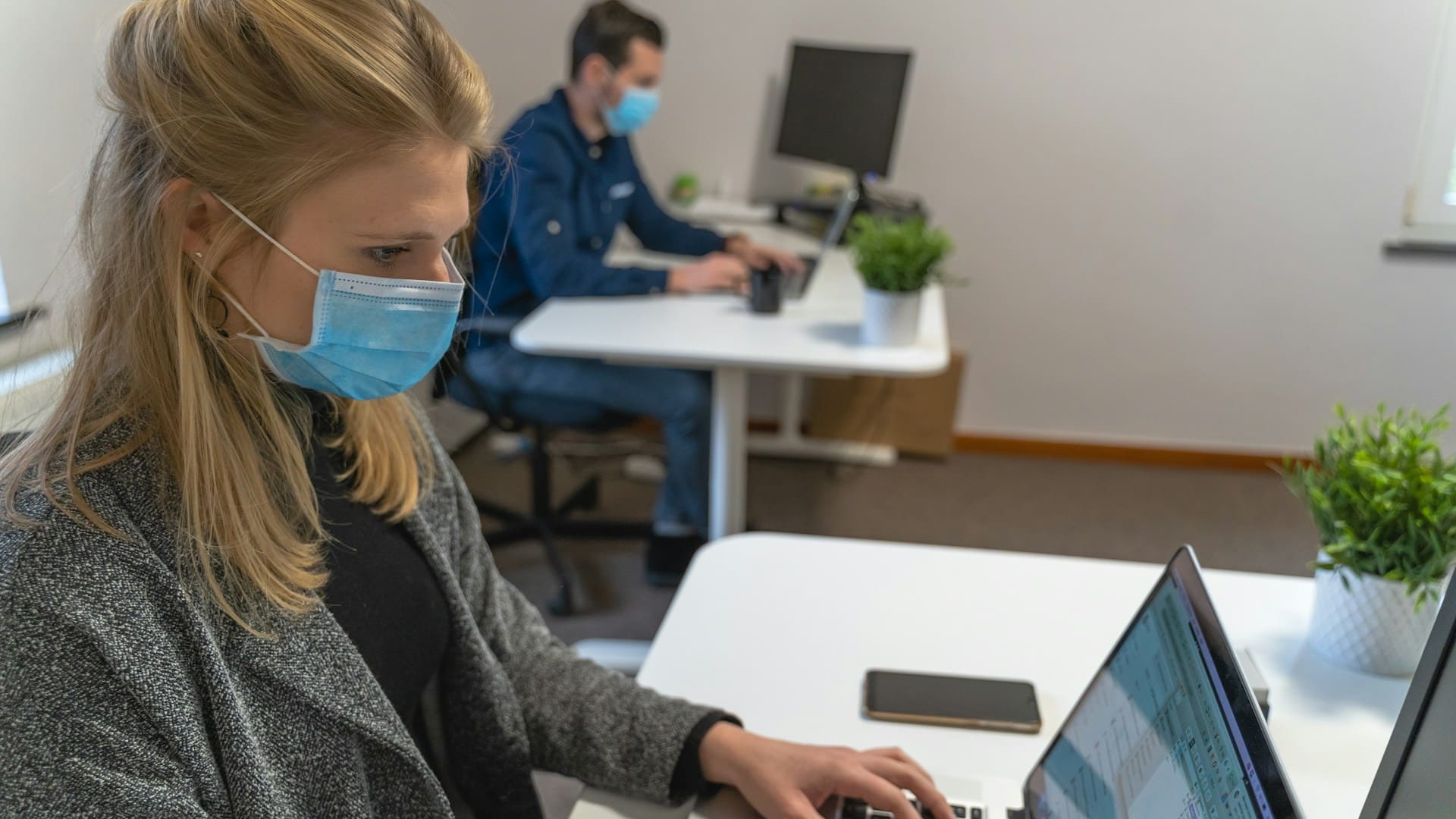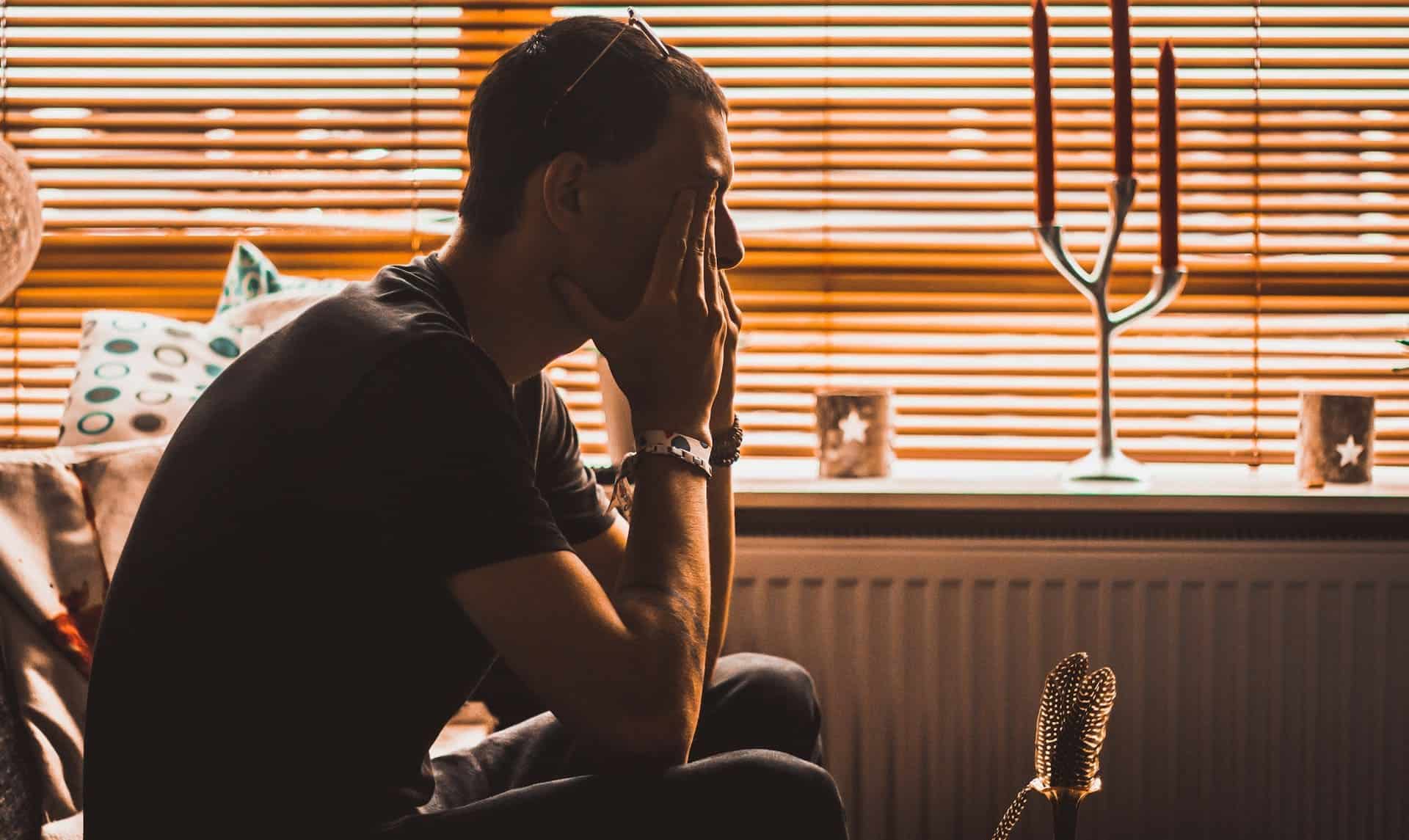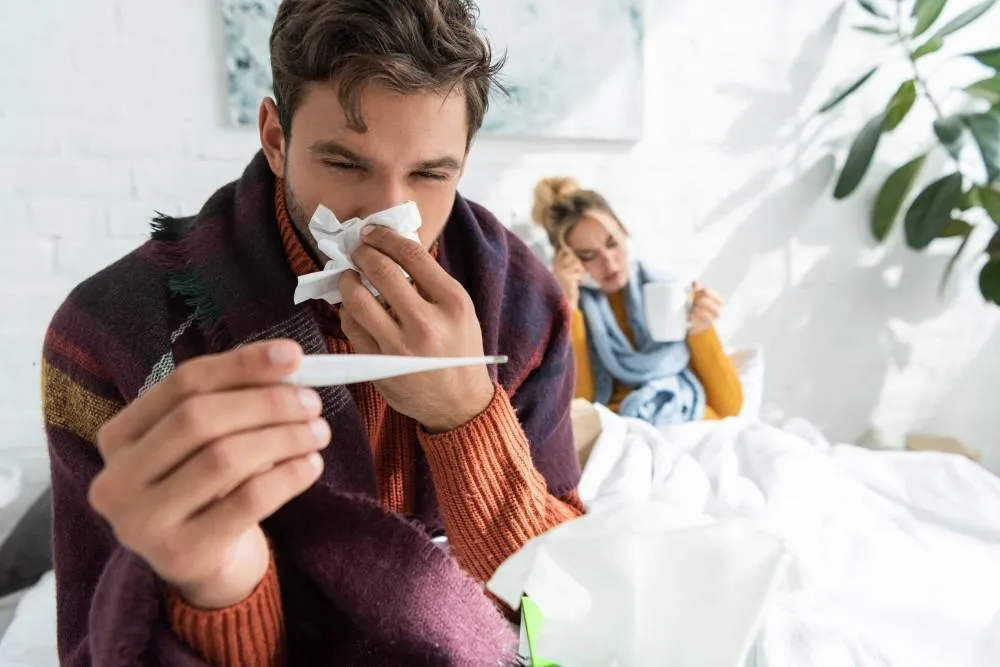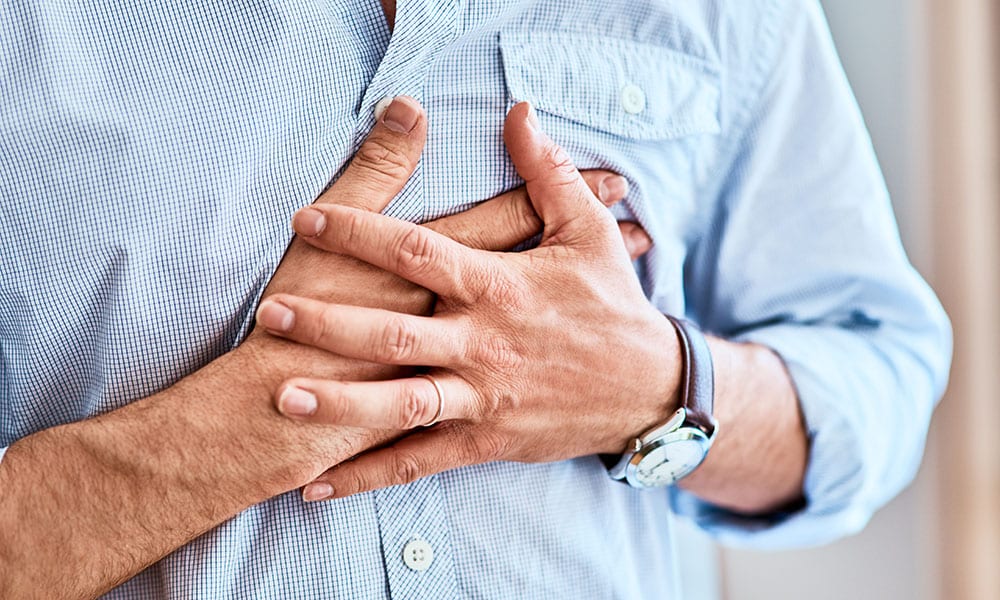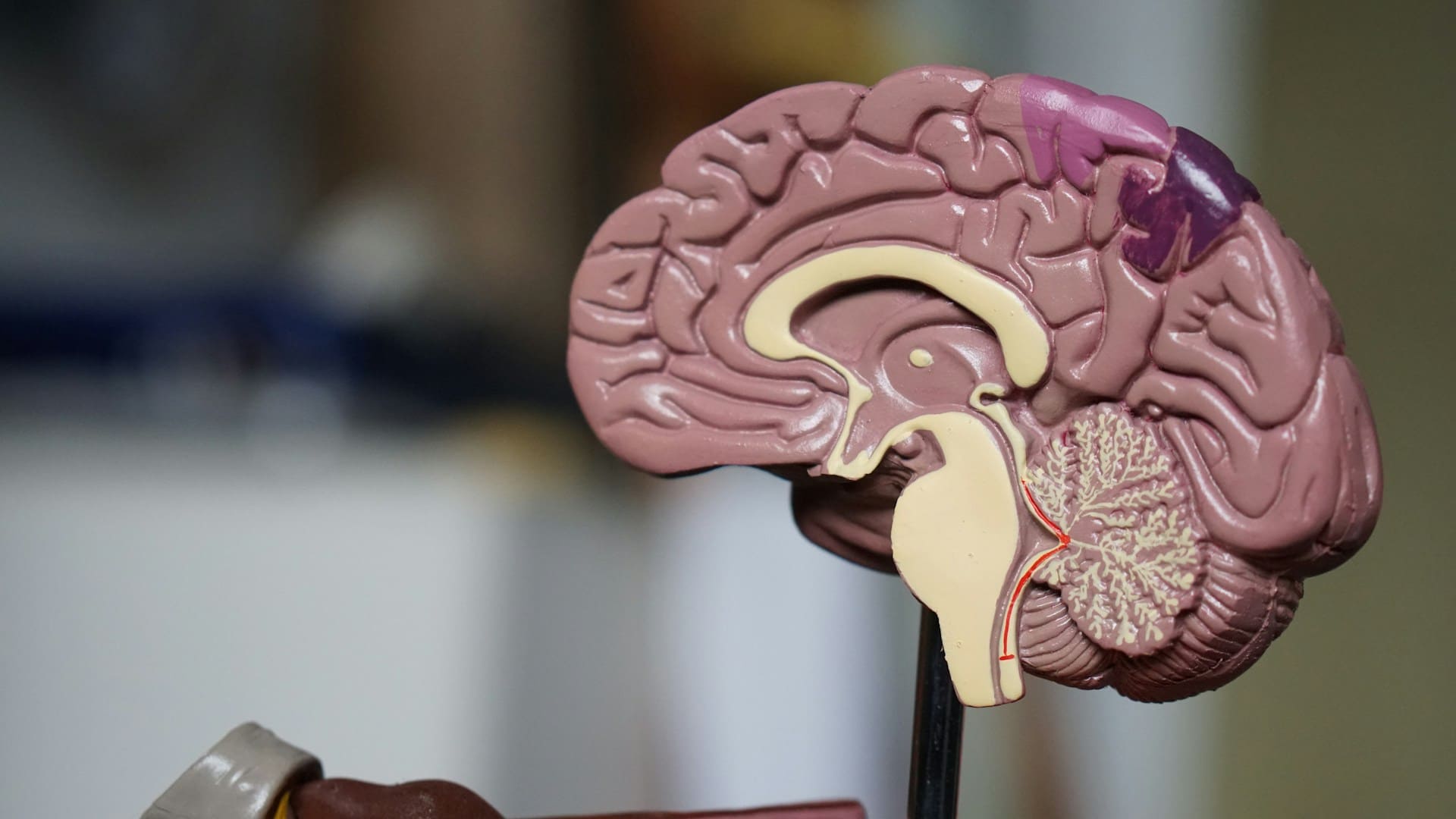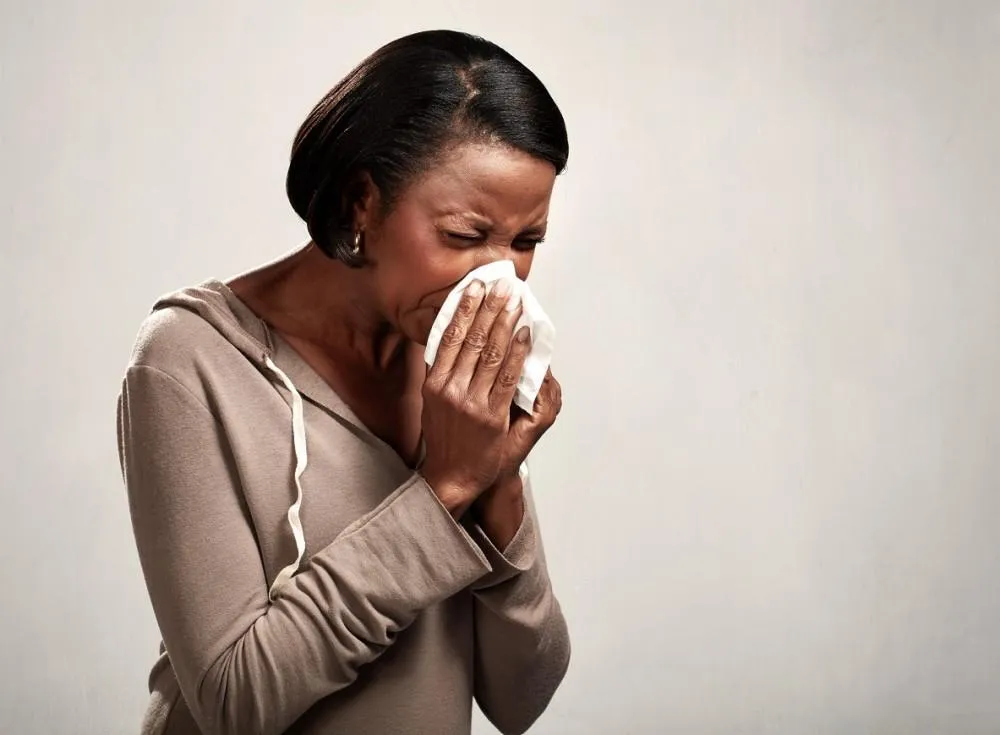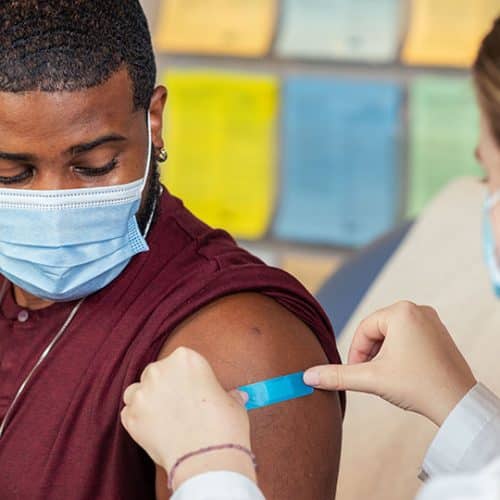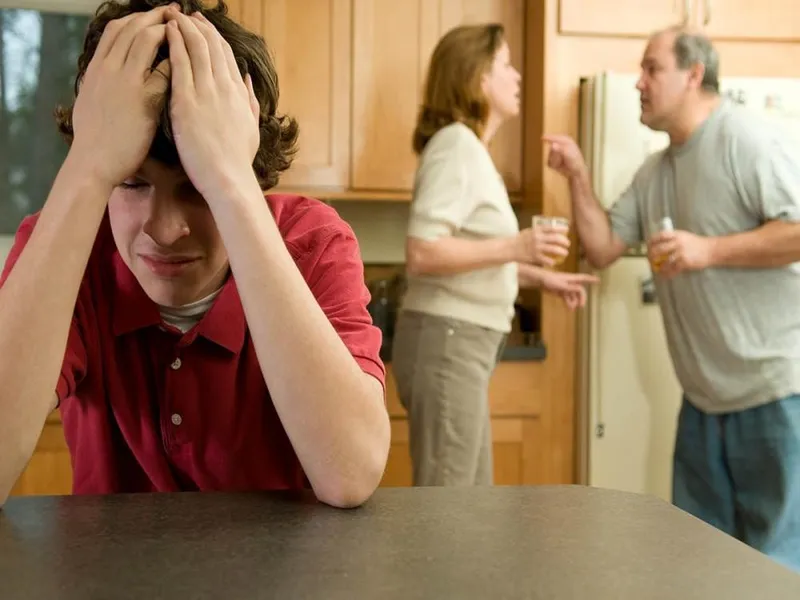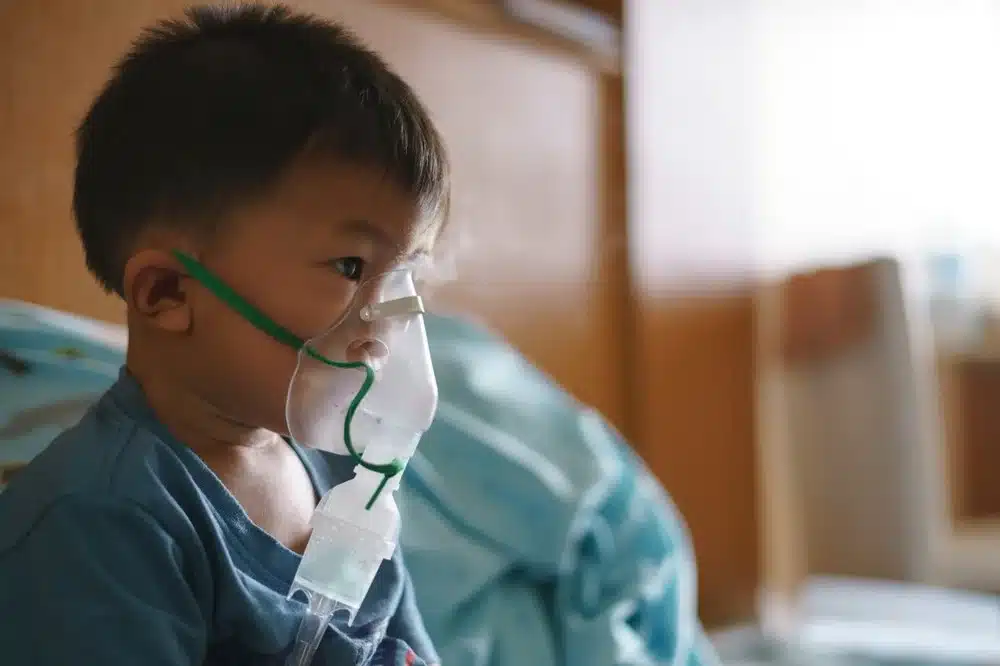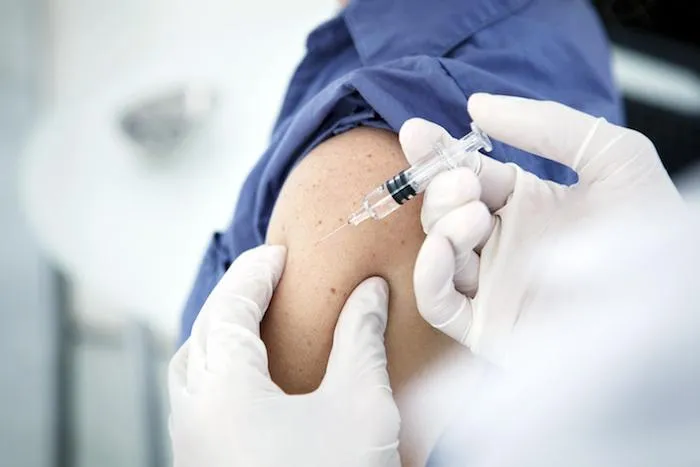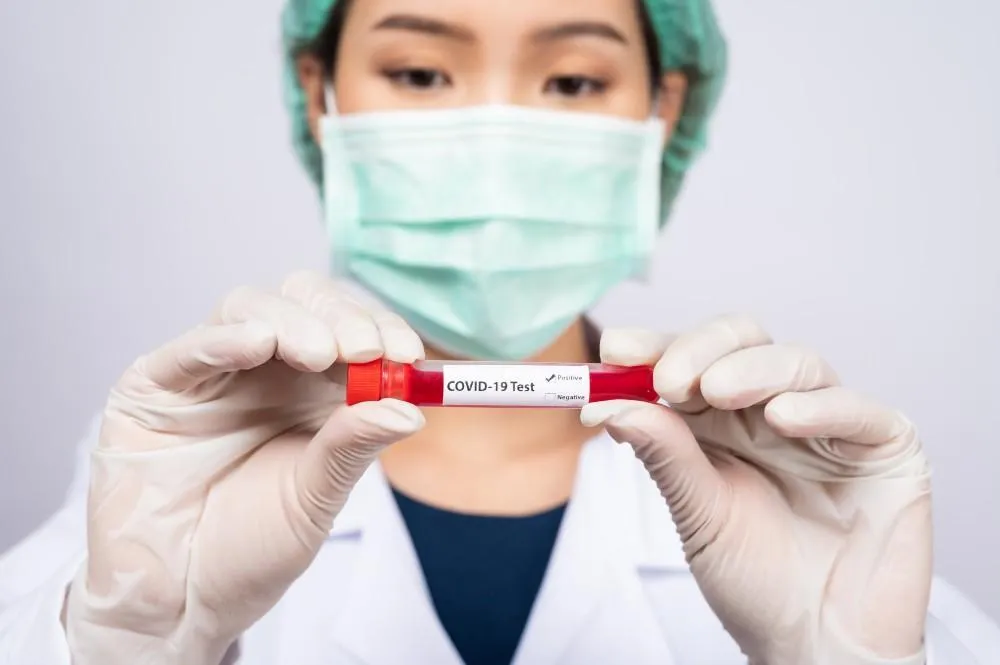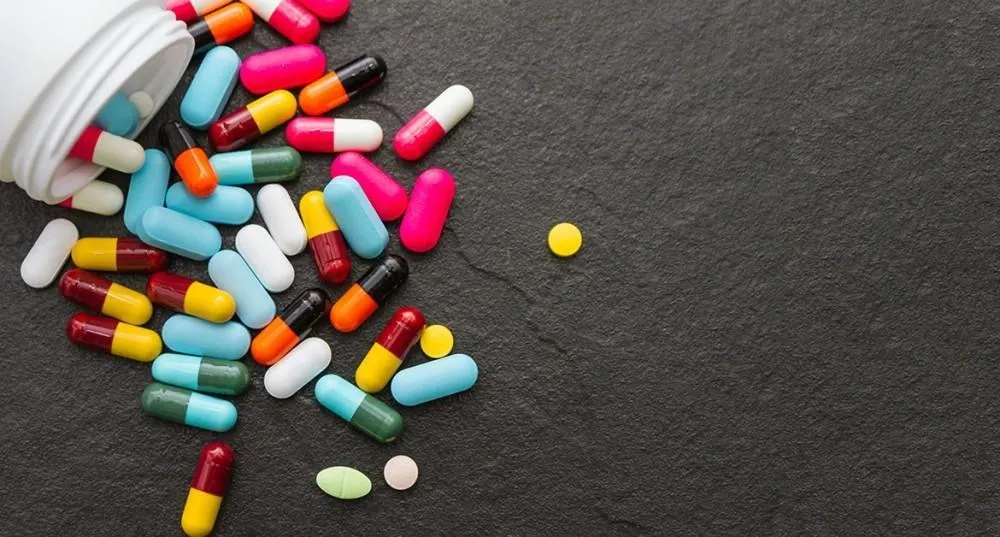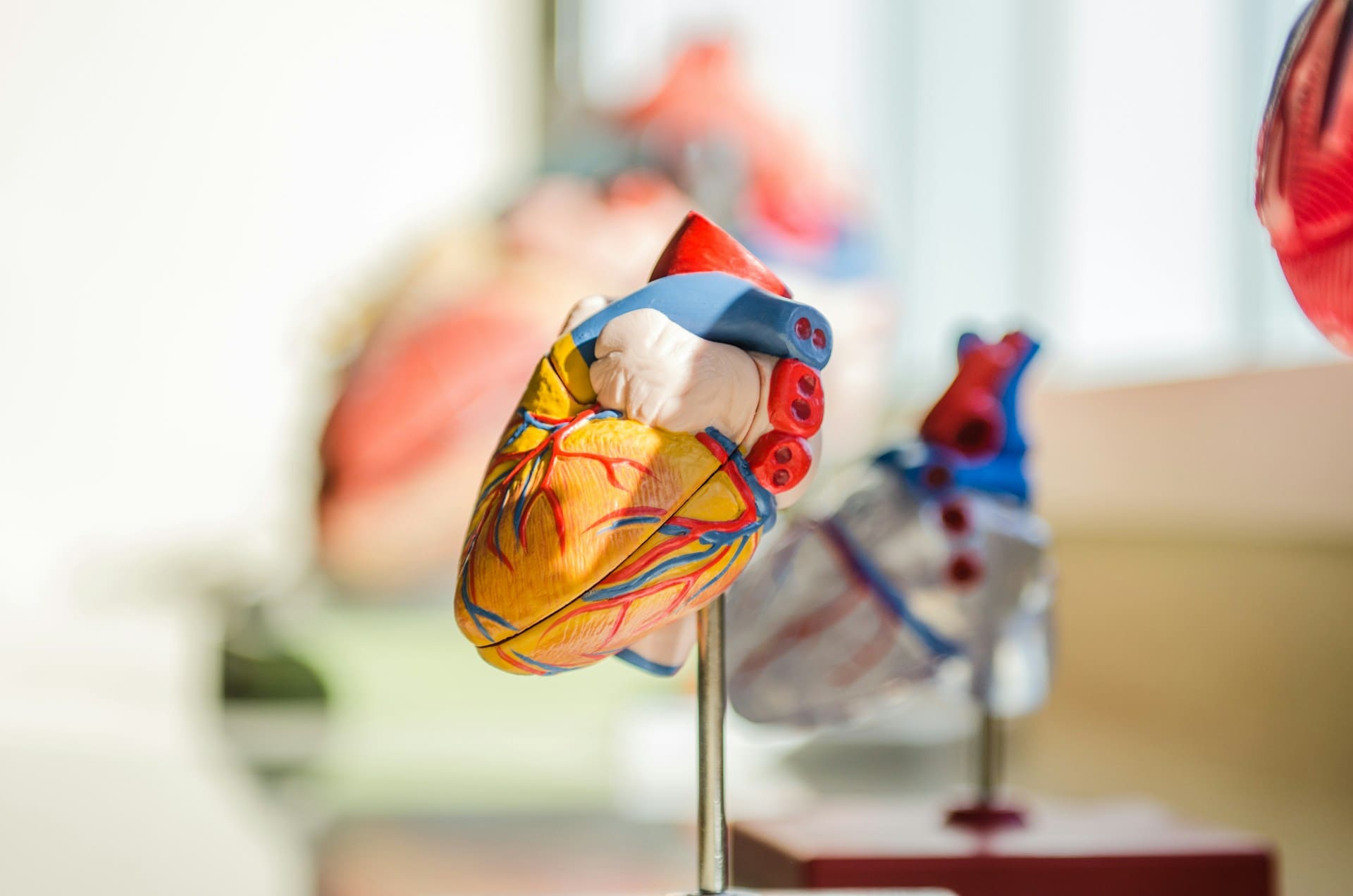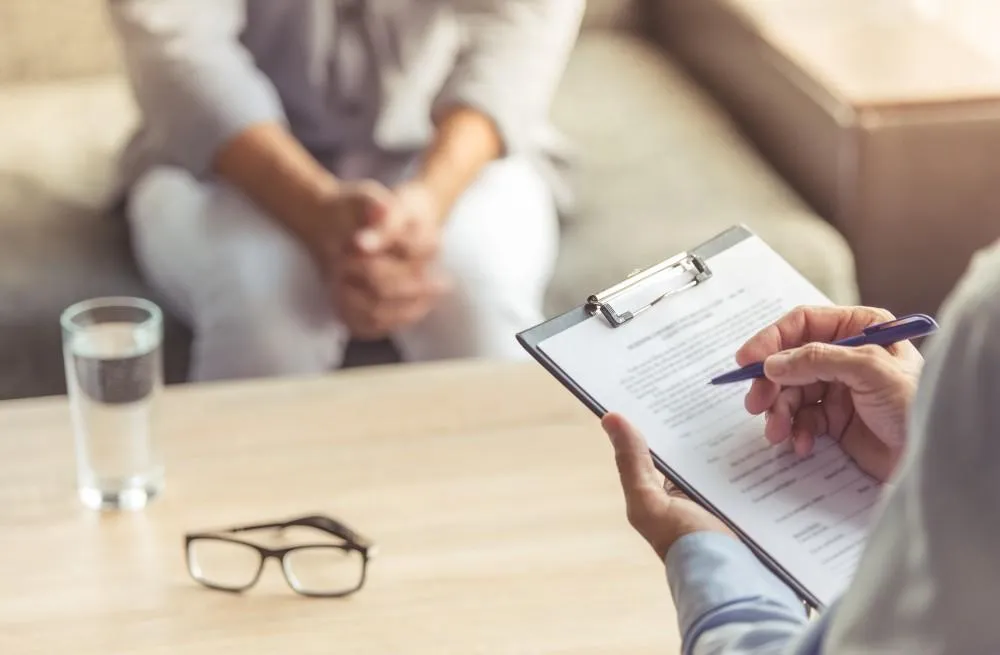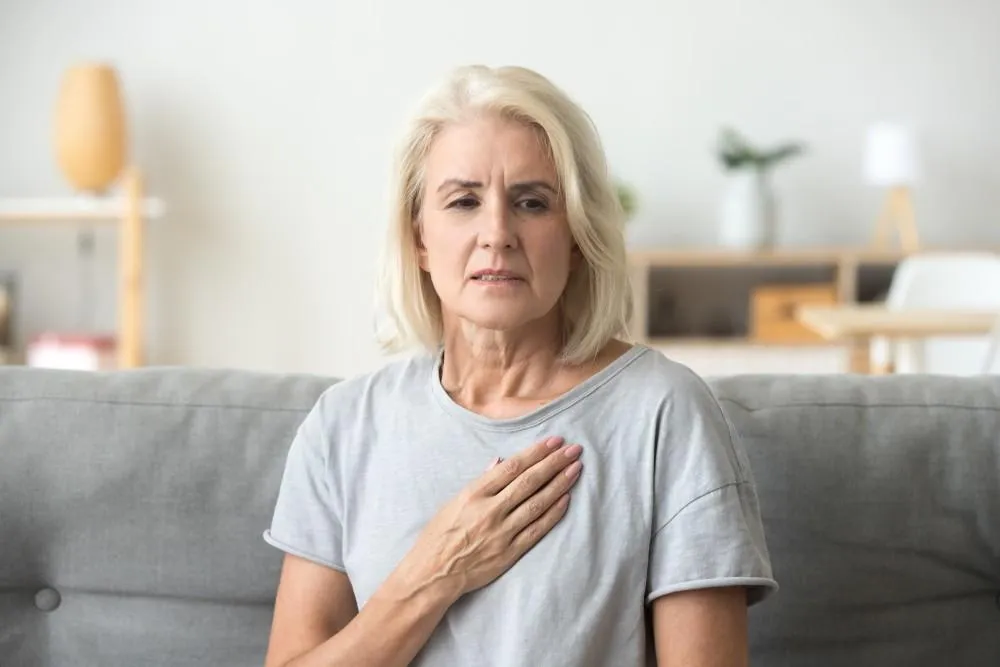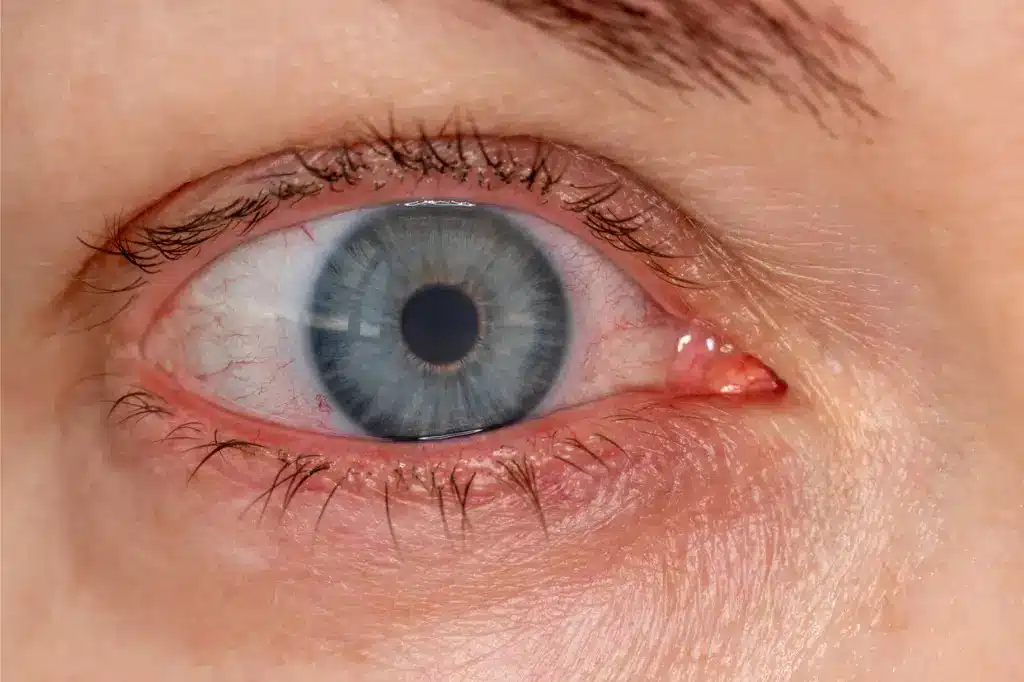Effects of the COVID-19 Pandemic on Mental Health, Anxiety, and Depression

According to a scientific brief published by the World Health Organization (WHO), in the first year of the COVID-19 pandemic, the prevalence of anxiety disorders and depression after COVID-19 increased by 25% worldwide.
The global COVID-19 coronavirus pandemic has been one of the most serious challenges to humanity over the past 100 years. It is comparable in scale and danger to public health to the 1918-1920 “Spanish” influenza pandemic.
One of the main explanations for this increase is the unprecedented stress associated with social isolation due to the pandemic. Amidst the isolation came restrictions on working, seeking support from loved ones, and participating in society.
Loneliness, fear of contracting the virus, illness and death both to oneself and loved ones, grief over the loss of a loved one and financial difficulties are also among the stressors leading to anxiety and depression.
The constant impact of stress can cause the development of mental disorders. For example, researchers from Canada and Singapore, authors of a paper published in the August 2020 edition of PubMed Central (PMC), have observed a marked increase in the incidence of the following mental illnesses in residents of 8 countries (PRC, USA, Spain, Iran, Italy, Turkey, Nepal and Denmark) since the COVID-19 pandemic was declared:
- depression;
- anxiety disorders;
- post-traumatic stress disorder.
Social isolation also increases the negative impact of such stress, although it is a necessary measure to prevent the spread of the disease.
Depression in the Setting of Acute Infection With COVID-19
According to a study by C. Wang et al. (2020), which included 1,210 respondents from 194 cities in China, during the initial phase of the COVID-19 outbreak, more than half of the surveyed population rated the psychological impact as moderate to serious, and approximately one-third reported moderate to severe pandemic anxiety. 53.8% of respondents rated the psychological effect of the outbreak as moderate to severe; 16.5% reported moderate to severe symptoms of depression; 28.8% reported moderate to severe anxiety symptoms; and 8.1% reported moderate to severe stress levels.
Even after physically recovering from a severe infectious disease, people suffered because of psychosocial problems: about 50% of these patients experienced anxiety, 20% experienced fear (particularly panic attacks), depression, or stigmatization.
A study published in May 2020 concluded that SARS-CoV-2 in the acute stage can cause delirium (confusion) or agitation in many patients. At discharge, one in three patients with severe COVID-19 was diagnosed with some degree of dysregulation syndrome including communication problems (resulting from problems with speech or writing), cognitive and behavioral deficits (when there are difficulties with memory and thinking, emotion regulation, inattention and disorientation), changes in sleep patterns. Sleep issues and depression often go hand in hand, with each condition exacerbating the other.
Pandemic Depression as a Result of Post-COVID-19 Syndrome
Depression has emerged as a significant aspect of post-COVID-19 syndrome, often referred to as long COVID. This condition manifests in individuals who experience symptoms weeks or months after the initial infection has cleared. Research indicates that COVID-19 can lead to neuropsychiatric complications, including depression, due to the virus’s direct impact on the brain and the psychological stress associated with the illness.
The pandemic’s overall toll-prolonged isolation, grief from loss, and financial instability — have exacerbated mental health issues. Patients recovering from severe cases often face prolonged physical health challenges, contributing to a sense of hopelessness and depression. Studies have shown that inflammation, a response to infection, can influence brain function and mood, potentially explaining the depressive symptoms observed in post-COVID-19 patients.
Understanding and addressing depression in post-COVID-19 care is crucial. Comprehensive depression treatment and management involving mental health support and medical care are essential for improving the quality of life for those affected by COVID-19.
The global prevalence of pandemic anxiety and depression during the COVID-19 pandemic was 24% and 21%, respectively, and was highly dependent on region, according to a study by scientists at Columbia University. For Europe, depression rates were 26%, for Asia they were 15-20% (with the lowest numbers in China), and for other non-Asian regions, they were 39%. Similar trends were found for anxiety disorders.
Why Do People Get Depressed During the Pandemic?
The COVID-19 pandemic has led to a significant increase in depression for several reasons. First, the prolonged isolation and social distancing measures disrupted normal social interactions, leaving many people feeling lonely and disconnected. Human beings are inherently social, and the lack of physical interaction can lead to feelings of sadness and despair.
Second, the pandemic induced widespread uncertainty and fear regarding health, finances, and the future. Concerns about contracting the virus, losing loved ones, and economic instability created a pervasive sense of anxiety and helplessness. The constant influx of negative news and misinformation also exacerbated stress and worry.
Third, the disruption of daily routines and the inability to engage in regular activities, such as work, exercise, and hobbies, removed important sources of structure and pleasure, contributing to depression during COVID-19. For those with preexisting mental health conditions, the pandemic often worsened their symptoms due to the increased stress and reduced access to mental health services.
The pandemic has intensified the struggles of a depressed teenager during COVID, making it crucial to address their mental health needs.
Know the Signs of Depression
How COVID-19 affects your mental health? Within just a few weeks of living under the stress of the COVID-19 pandemic, many people can develop characteristic symptoms of stress:
- the emergence of sleep problems, worsening appetite, or conversely – the emergence of a persistent need to frequently consume high-calorie foods (baked goods, sweets) to “nibble” on stress;
- constant feeling of physical weakness – even a long sleep does not provide a full recovery;
- the appearance of digestive problems: frequent diarrhea or constipation;
- deterioration of cognitive function even in young people: deterioration of memory, ability to concentrate, memorize new information;
- problems in sexual life: male impotence, decreased or even disappearance of libido in women;
- exacerbation of pre-existing chronic diseases;
- increased irritability.
High anxiety is not life-threatening, it would seem that it is not so terrible, but experts do not recommend letting such a condition go to waste. The fact is that anxiety can provoke panic attacks. In this case, a more serious and prolonged treatment will be required. Some people immediately have a low mood, apathy, thoughts that they will not be able to return to their usual life – symptoms of depressive disorders. Suppose usually this condition occurs in people who are melancholic, pessimistic, prone to self-examination, letting everything pass through them, in the case of postcovidal reaction. In that case, it can manifest itself sharply, even optimistic, self-confident people fall into moping.
Treatment of Depression after COVID-19
To prevent cognitive and mental consequences of the coronavirus, the specialist recommends following all the prescriptions of the attending doctor, taking vitamins and looking forward to the future with optimism. A person’s mood strongly influences both the course of the disease and recovery. For example, pessimists, prone to dwell on their feelings and experiences, longer enter the usual rhythm of life.
Treating pandemic depression involves a multifaceted approach tailored to the individual’s needs. Psychological therapies, such as cognitive-behavioral therapy (CBT), are effective in addressing negative thought patterns and behaviors associated with depression. CBT helps patients develop coping strategies and resilience, which are crucial for managing post-pandemic mental health challenges.
Pharmacological treatment options for mental health, including antidepressants like selective serotonin reuptake inhibitors (SSRIs), may be prescribed to alleviate severe depressive symptoms. These medications can help restore chemical imbalances in the brain that contribute to depression.
Additionally, lifestyle modifications play a significant role in recovery. Regular physical activity, a balanced diet, and adequate sleep are essential for mental well-being. Social support, whether through virtual or in-person interactions, helps reduce feelings of isolation.
Mindfulness practices and stress-reduction techniques, such as meditation and yoga, can also be beneficial. Finally, seeking support from mental health professionals and engaging in community resources can provide ongoing support and facilitate recovery from post-COVID-19 depression.
Conclusion
If you’re struggling with post-COVID-19 pandemic depression, don’t hesitate to seek help at All Day Care Clinic. Reach out to a mental health professional today to explore treatment options like therapy, medication, and lifestyle changes. Your mental health matters — take the first step towards recovery and well-being now. Your journey to recovery and well-being can start now — don’t wait, take the first step towards feeling better.
Sources used for this article:
- Impact of COVID-19 pandemic on mental health in the general population: A systematic review
- COVID-19 pandemic and mental health consequences: Systematic review of the current evidence
- Coronavirus Diseases (COVID-19) Current Status and Future Perspectives: A Narrative Review
- Coping With Coronavirus: Managing Stress, Fear, and Anxiety
- COVID-19 and Mental Health
- COVID-19 Pandemic Impacts Mental Health Worldwide
- Persistent neuropsychiatric symptoms after COVID-19: a systematic review and meta-analysis.

